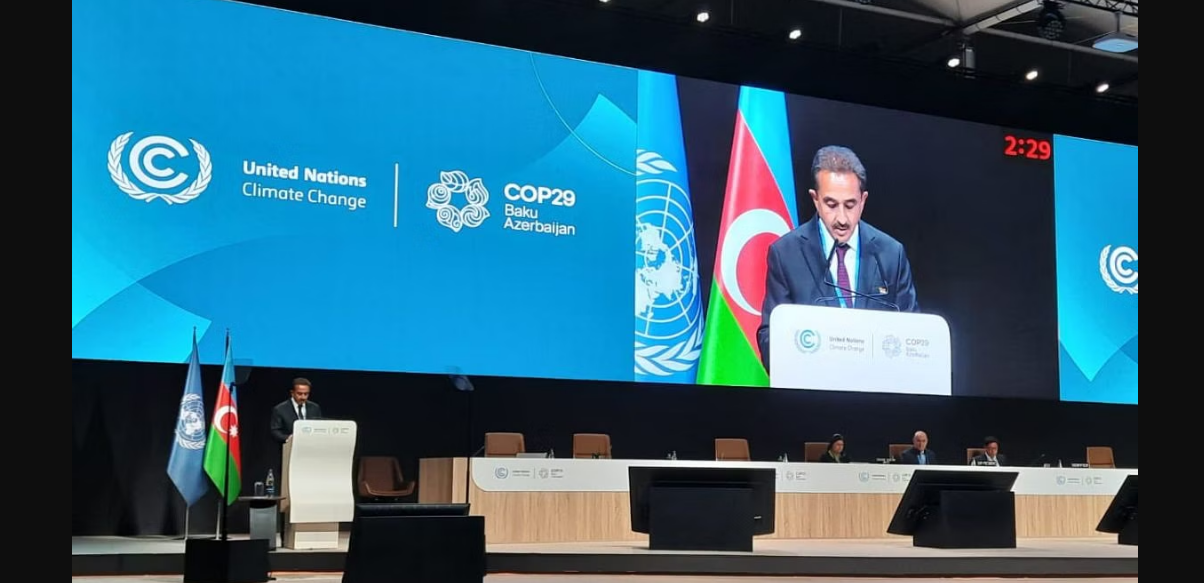
The 2024 Global Climate Change Conference will undoubtedly remain memorable in the annals of the battle against climate change globally, and India has provided leadership on justice and equity. Standing currently as the host of the 2024 G20 summit and being a major participant in climate negotiations India urged for more ambitious finance addition to be made by the developed countries especially in the areas including transfer of technology and climate finance for developing countries.
India for Climate Justice
In fact, India’s stand on climate change is based on personal equity. These developed nations while having contributed the most to global emissions are the least affected by the effects of climate change while the developing world and India in particular is most likely to suffer the consequenses. Speaking of climate impacts, these range from extreme and frequent rainfall events, floods to sea level rises and irregular agricultural productions which all affect the needy populace. India has stood for climate justice and has urged for new changes in the climate finance establishment so that enough financing and technology for tackling climate change could reach out to the needy countries.
India has consistently called for financing modalities to address climate change which affects developing countries. These are increasing funding for renewable power and other clean technologies as well as promoting climate change resilience infrastructure in the Global South. In this context Indian leadership at the conference for creating an endorsement for setting up fair international frameworks that cater the needs of the poor and needy.
India’s pledge of renewables and achieving net-zero emissions
On finance, the Indian-Fi called for sucking the line of financial justice in the speech, while reaffirming the country’s robust determination and endeavour towards the implementation of Paris Agreement. It carries on working to advance both the generation of renewable energy and energy efficiency. Despite this, the centrist government still lacks a clear path to meeting India’s stated target of achieving net-zero emissions by 2070 – the country’s key long-term climate policy goal. But India has time and again stated that such a goal cannot be met without higher levels of assistance from the developed world. This is not only in terms of funding but also provision of cleaner technologies that when adopted can facilitate the development of low-emission technologies in India.
Renewable energy mix has grown significantly in India, especially in the solar and wind plants where India ranks among the top producers of the world. Nevertheless, India still insists on the insertion of measures that would facilitate technology transfer since the country wants to address the right costs in order to advance toward green technologies in various sectors in its industry including power and transportation sector and many others.
Adaptation expressed as Climate Resilience
It is particularly noteworthy that, as in the past, questions on climate change and its management dominated the 2024 conference; adaptation measures have become indispensable. With Global Warming being a reality, there is a need to go beyond managing emissions and think of the commonly referred to as Carbon Diet. The same much needed attention should be allocated to ensuring that vulnerable areas are ready for the inevitable consequences of climate change. This is more so for the coastal region states which are most vulnerable to increased sea levels, and the agricultural based states in the rural areas, who’s activities depend highly on the weather conditions.
India which like many other South Asian nations suffers flood, heatwaves and droughts called for global approach that would include provision of funding for adaptation for infrastructure projects. India has launched some adaptation plans and strategies including those in Agriculture and Disaster risk reduction though it can be seen that there is need to scale up adaptation while calling for international assistance.
India’s Role in Shaping Global Climate Discourse
India has also stepped up its contribution towards international climate discourse, especially on the question of parity in climate change policies. Still focused on shifting emission reduction targets, and increasing the share of renewable energy, the country underlines that there should be respect of historical responsibilities and developed country commitments within any international climate deal. Despite its commitment to combating climate change, India has been clear that the pursuit of growth in the poorest countries of the world should not be hampered by the ditching of fossil fuels as a source of energy.
Key Takeaways:
-
Climate Justice and Equity: India’s demand to reform climate finance system by focusing on the requirement of developing countries and climate vulnerable populations.
-
Renewable Energy Commitment: India’s Standard fifteen sustainable power targets, especially solar power and wind energy as well as India calling for the technology transfer to make it reach net-zero emissions by 2070.
-
Adaptation Measures: The necessity of financing climate adaptation for developing countries, and more specifically coastal megacities and rural agricultural areas.
-
Global Climate Cooperation: India’s leadership in calling for global collective action for mitigation of climate change with right sentiments of equality for all nations.
-
Financial and Technological Support: Climate campaigners in India are demanding more commitments and finance and affordable technologies and products from rich countries.
Conclusion
By agreeing to host the Global Climate Change Conference in 2024, India was re-establishing itself as a very active actor in the climate change struggle. Climate justice, technology transfer and financial resources put forward by the country show that equity of the matter is debatable at international climate negotiations. While India ranks the third among the countries that emit greenhouse gases into the atmosphere it also faces the consequences of climate change. Its leadership role to canvass for an equitable climate policy will be very vital in determination of future climate change policy. While the goal of economic development is important across the globe India has chosen the middle road in terms of climate change Adaptation will be an example for other developing countries to emulate as they seek sustainable development.



 Supriya Sahu Wins UNEP Champions of the Earth 2025
Supriya Sahu Wins UNEP Champions of the Earth 2025 World Soil Day 2025: Celebrating “Healthy Soils for Healthy Cities”
World Soil Day 2025: Celebrating “Healthy Soils for Healthy Cities”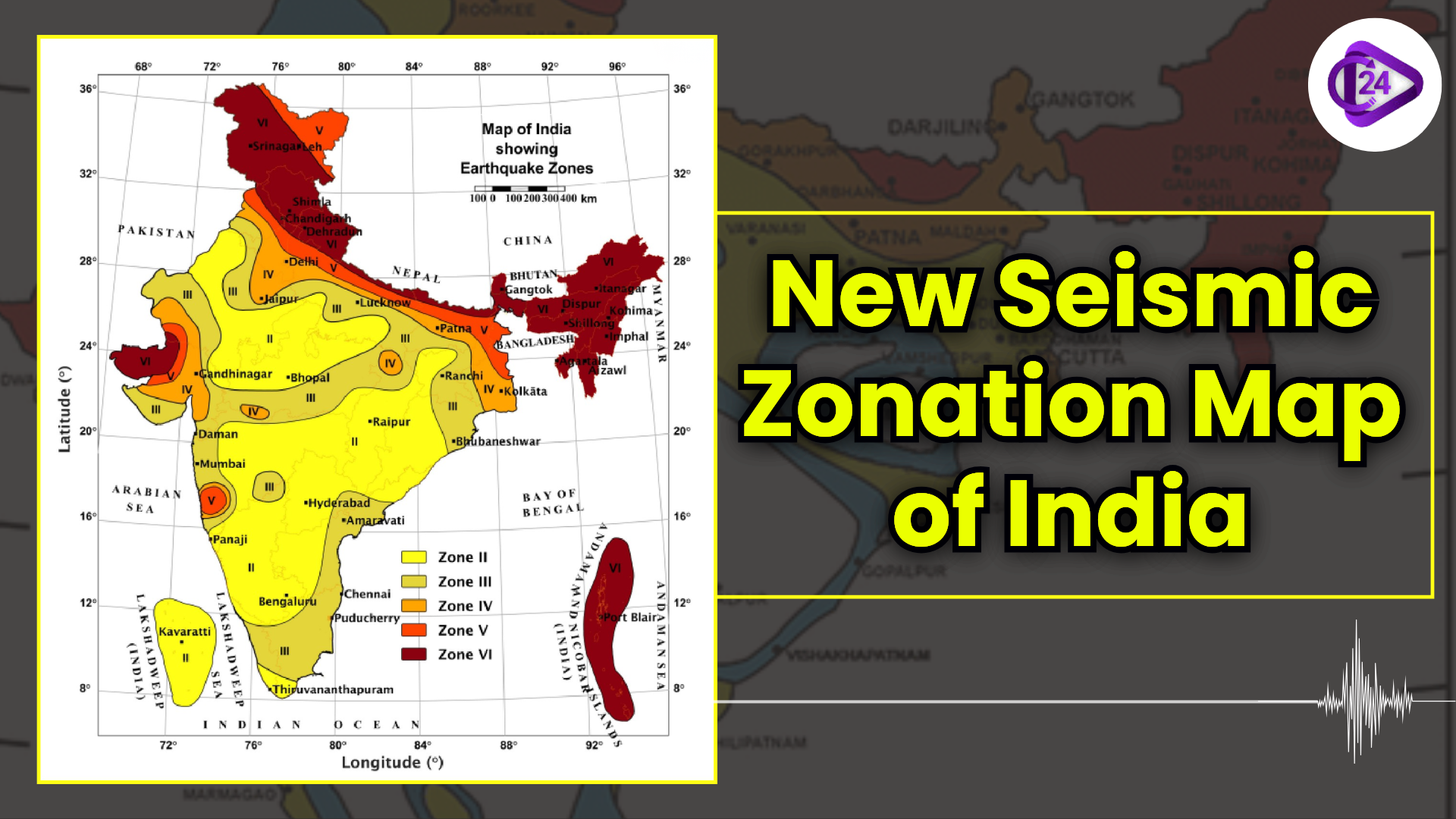 New Seismic Zonation Map of India
New Seismic Zonation Map of India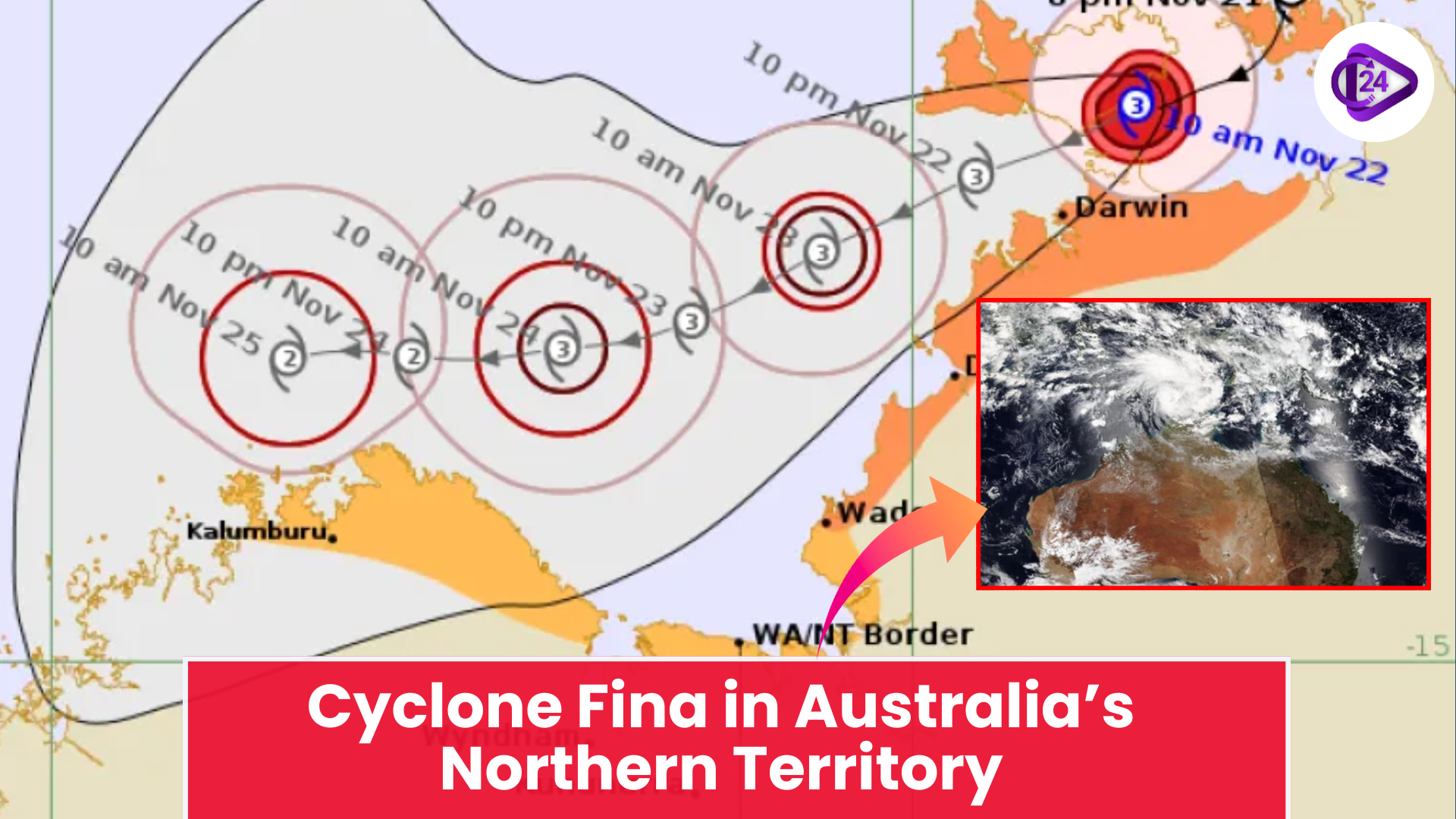 Cyclone Fina Hits Northern Australia With Destructive Force
Cyclone Fina Hits Northern Australia With Destructive Force Tiger Returns to Gujarat After 32 Years | Historic Wildlife Comeback 2025
Tiger Returns to Gujarat After 32 Years | Historic Wildlife Comeback 2025 Namdapha Butterfly Festival Showcases the Wild Heart of Arunachal Pradesh
Namdapha Butterfly Festival Showcases the Wild Heart of Arunachal Pradesh Gogabeel Lake Achieves Ramsar Status for Biodiversity and Conservation
Gogabeel Lake Achieves Ramsar Status for Biodiversity and Conservation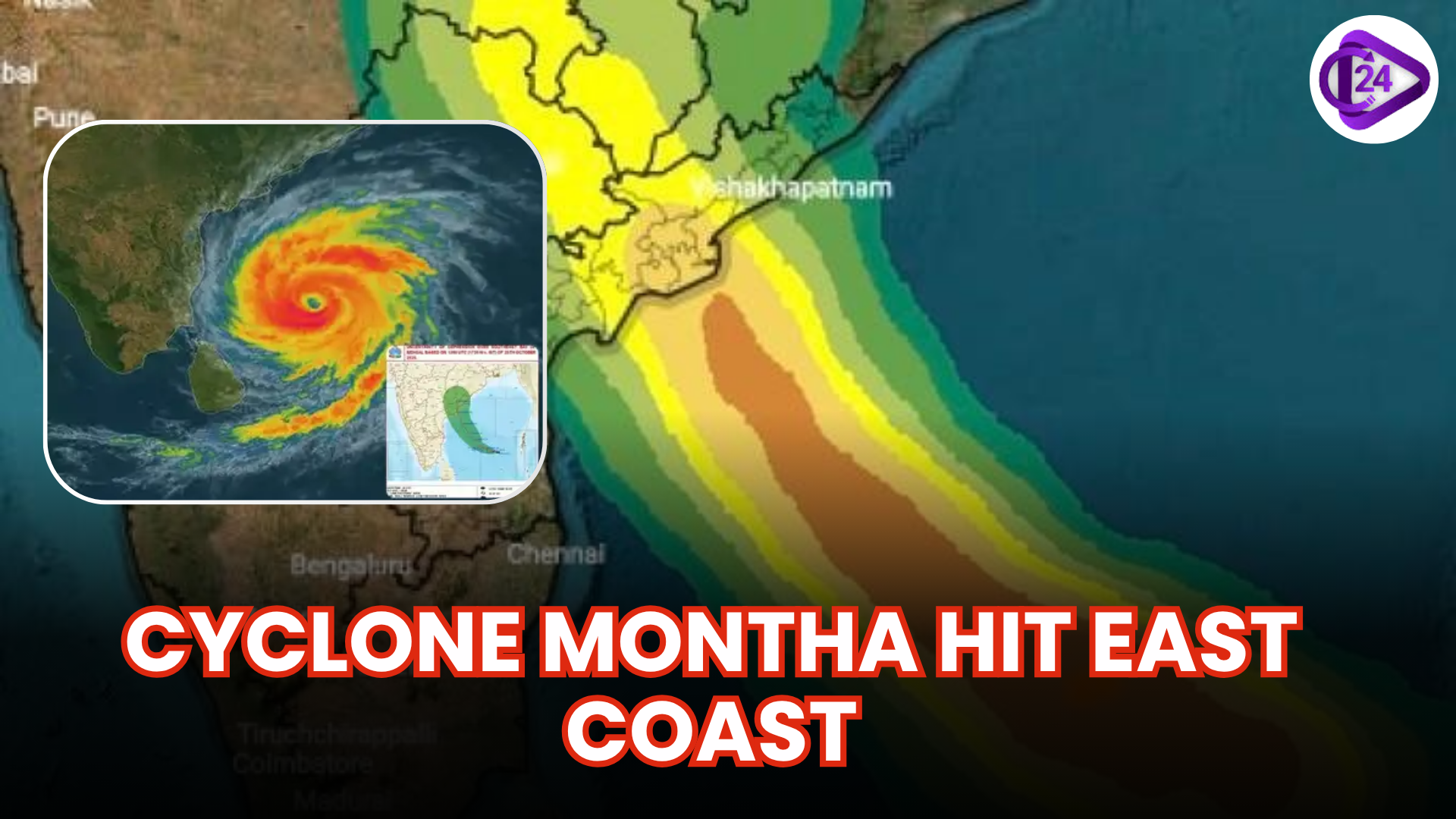 Cyclone Montha Makes Landfall Near Kakinada, Bringing Destruction to Andhra and Odisha
Cyclone Montha Makes Landfall Near Kakinada, Bringing Destruction to Andhra and Odisha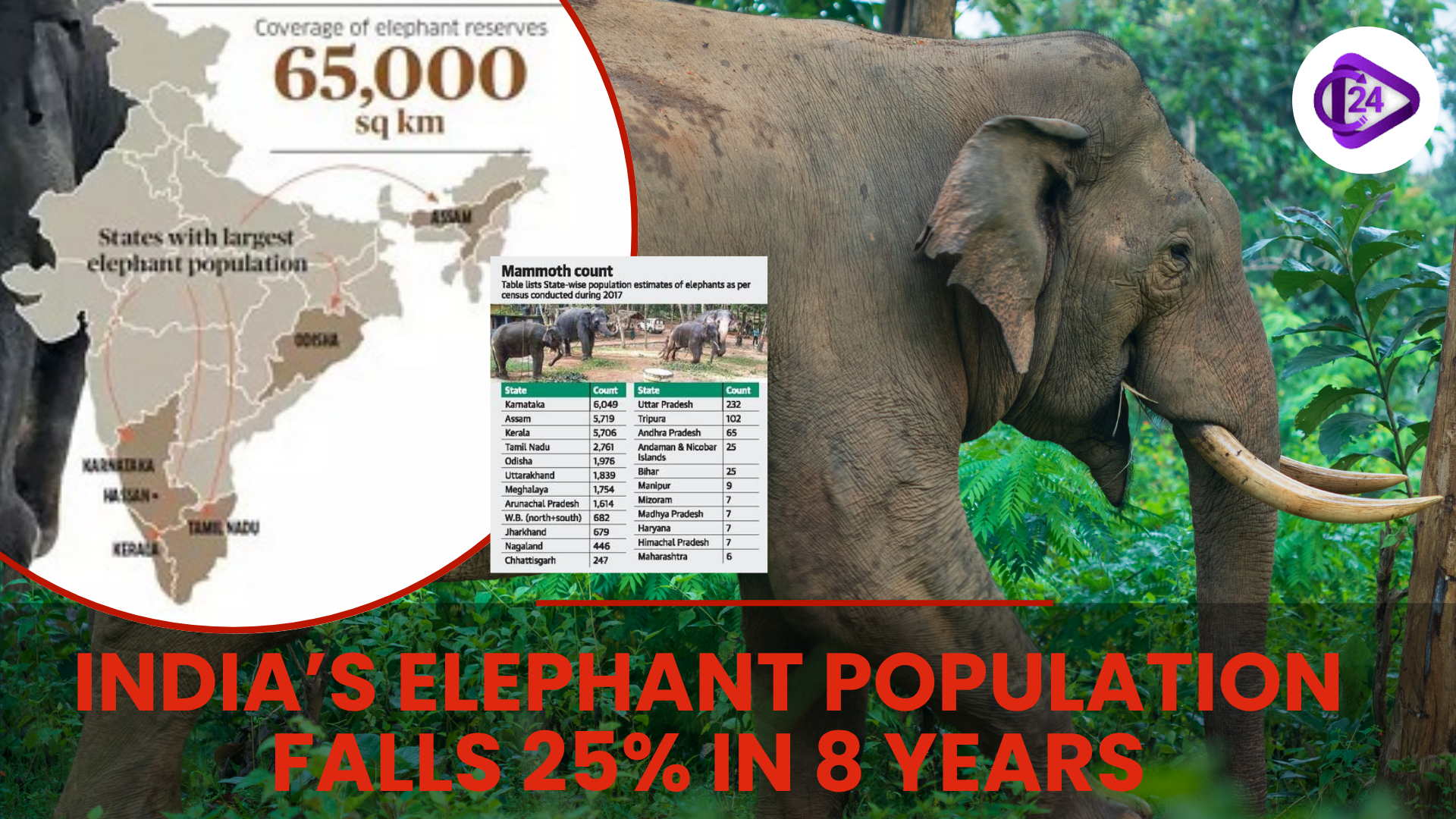 India Conducts First-Ever DNA-Based Elephant Census, Reveals Population Decline by 25%
India Conducts First-Ever DNA-Based Elephant Census, Reveals Population Decline by 25%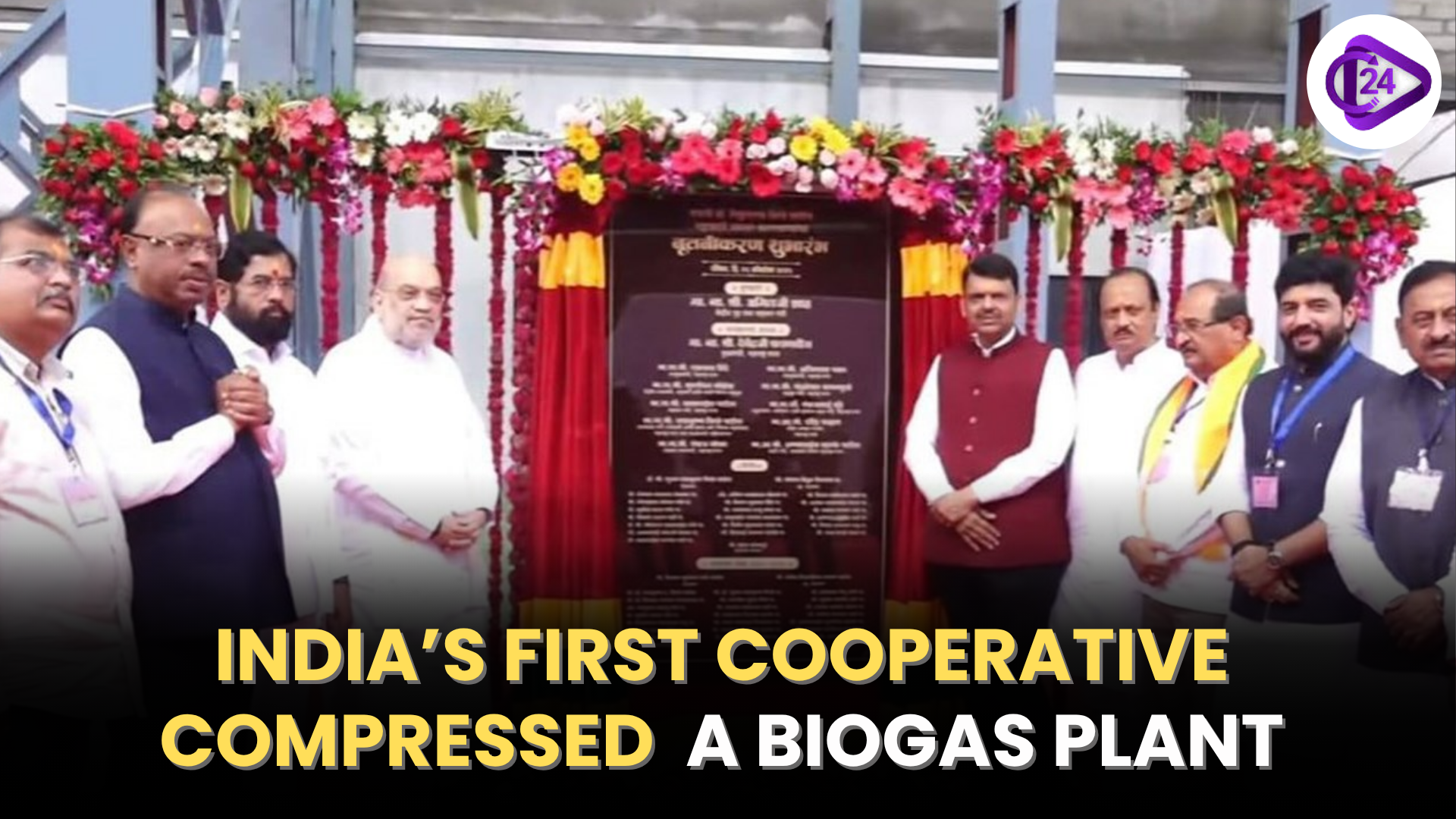 Maharashtra Gets India’s First Cooperative CBG Plant | 12 Tonnes Biogas Daily Production
Maharashtra Gets India’s First Cooperative CBG Plant | 12 Tonnes Biogas Daily Production






